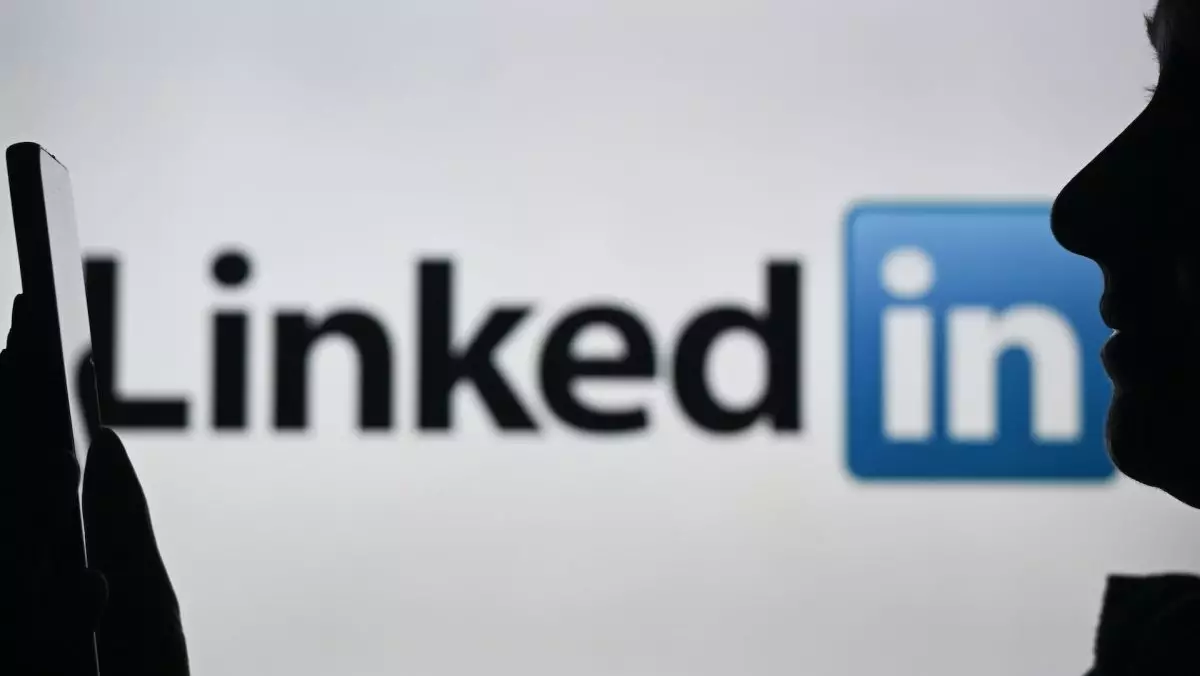As artificial intelligence continues to evolve, the methods by which companies gather and utilize user data have come under increasing scrutiny. LinkedIn stands as a prominent example, finding itself in hot water over its practices related to training generative AI models using user data. The recent revelation that LinkedIn may have initiated data scraping for AI training purposes without adequately informing users of these changes raises pertinent questions about the ethical boundaries of user consent, transparency, and data privacy.
LinkedIn’s dual role as a social network geared towards professional networking and a data provider for algorithmic training introduces complex layers of responsibility. The juxtaposition of user engagement and algorithmic enhancements poses a dilemma: how far can companies go in utilizing user data without infringing on personal privacy?
It’s noteworthy that LinkedIn provides users in the United States with an opt-out option for its data scraping practices through their account settings. However, this privilege is not extended to users in the European Union (EU), European Economic Area (EEA), or Switzerland, regions known for stringent data protection regulations like the General Data Protection Regulation (GDPR). This discrepancy indicates a troubling trend where companies may play a numbers game, allowing them to operate with a lesser degree of transparency in jurisdictions with more lenient data protection laws.
Furthermore, the opt-out mechanism itself has been criticized as an inadequate safeguard for consumer rights. Users, often unaware of how their data is being used or trained upon, might overlook the opt-out feature or find it confusing. As Mariano Delli Santi from the Open Rights Group points out, relying on an opt-out model for consent places an unreasonable burden on users to constantly monitor their data privacy in a digital landscape rife with changing policies. The emphasis should instead be placed on opt-in consent, which would require companies to actively seek permission from users before exploiting their data.
LinkedIn claims that the data collected from users is utilized to “improve or develop” its services. This statement, while offering some insight, lacks specifics about how user-generated content is processed to enhance AI capabilities. The fact that LinkedIn has admitted to employing “privacy-enhancing techniques” does little to quell concerns. These measures followed the widespread criticism of companies that lack clarity regarding the data processes employed by AI technology.
Moreover, LinkedIn’s admission that generative AI models utilized on their platform might be derived from partnerships with providers such as Microsoft reflects a wider industry trend. Businesses are increasingly interested in monetizing their vast databases, seen in practices from various platforms including Reddit and Stack Overflow, all vying to expand their horizons into the lucrative realm of AI training. This trend amplifies the ethical debate surrounding user data and its commodification.
Regulatory bodies are beginning to take notice. The Information Commissioner’s Office (ICO) in the U.K. has been urged to investigate LinkedIn, just as the nonprofit Open Rights Group has called for more significant accountability among social networks that utilize user data by default. But while these regulatory efforts are commendable, they beg the question: is there adequate infrastructure in place to enforce compliance with evolving data protection laws?
LinkedIn’s recent communication to Ireland’s Data Protection Commission signals a willingness to adjust its privacy policies, suggesting that pressure from regulatory bodies may lead to more responsible data handling practices. However, the effectiveness of these policies hinges on the enforcement capabilities of regulatory institutions and the adherence of companies to ethical standards.
As we navigate the intersection of technology, data privacy, and user rights, it is imperative for companies like LinkedIn to adopt more transparent and ethically sound practices regarding user data usage. The standardization of opt-in consent could redefine the landscape of data privacy and set a precedent for how user-generated content is treated.
Ultimately, the goal should not merely be compliance with privacy regulations but a commitment to ethical responsibility and respect for user autonomy. The conversation must shift towards empowering users to take control of their data, fostering an environment where transparency and user consent take center stage in the age of AI. Making data scraping practices more transparent—with clear, user-friendly mechanisms in place—could lead to greater trust and collaboration between users and technology companies.

